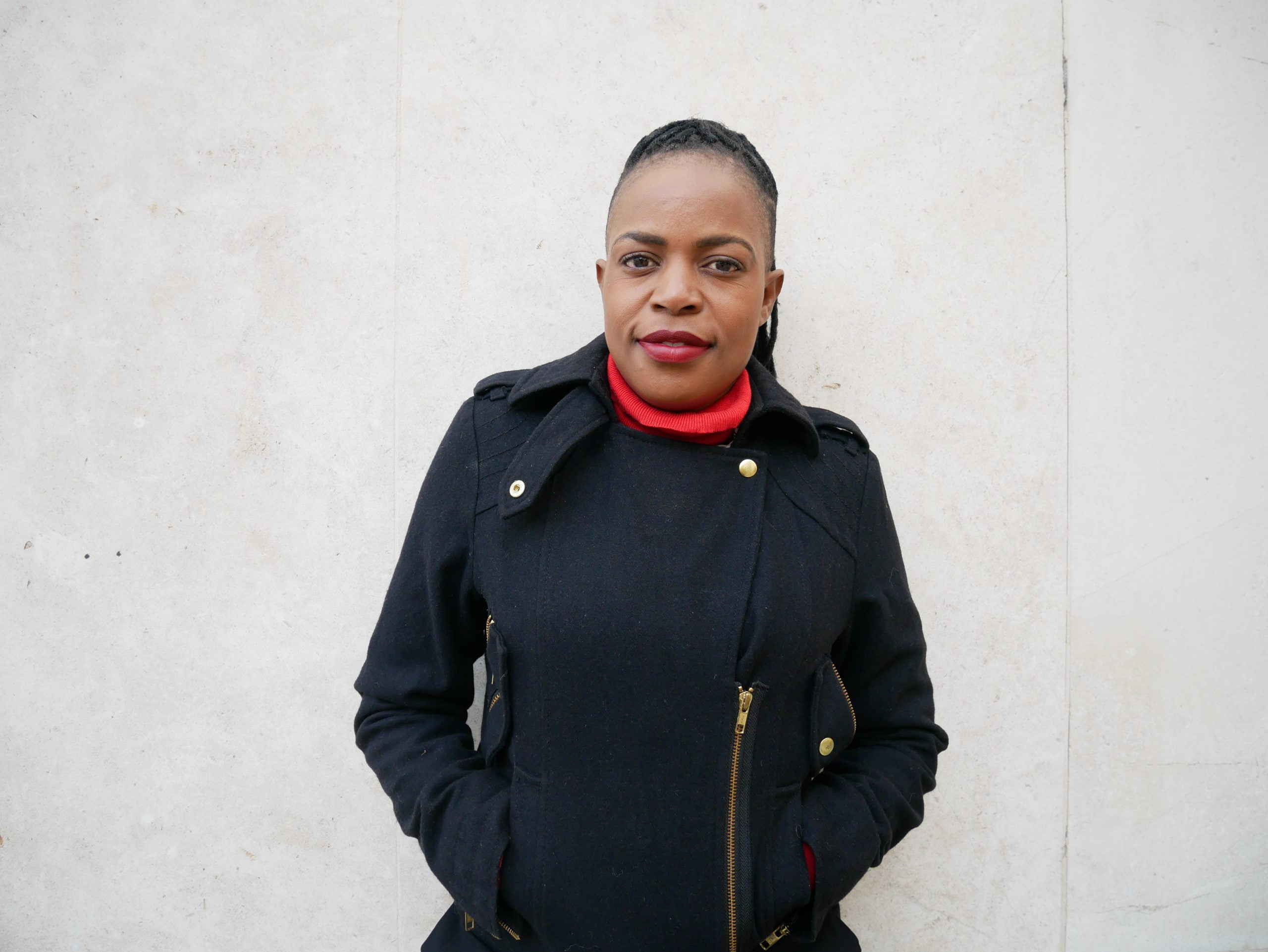Rethinking the Just Transition from the Ground Up
The gathering reminded us that a just transition cannot be imposed from the top down. It must begin with the simplest, everyday actions that improve lives and place people before profit. One inspiring example came from a community based organisation in South Africa working under the motto; “One home, one solar panel. One home, one garden.” These small steps hold the power to transform communities when connected to larger systemic change. Women also highlighted practices such as establishing community seed banks to preserve organic seeds and strengthen food sovereignty. This work is not just about food security – it is also a form of resistance against the legacy of extractivism and corporate control over food systems.
Challenging False Solutions and Neo-Colonial Patterns
We confronted the realities of false climate solutions. While the impacts of climate change and extractive projects are felt locally, their causes are global. Dams continue to displace families, while the rush for so-called “critical transition minerals” has led to new forms of exploitation. Fossil fuel companies are even planning to double production by 2030, a path completely inconsistent with the global 1.5°C limit.
Extractivism, we realised, is about more than the removal of natural resources, it also includes land grabbing, water pollution, deforestation, and the exploitation of labour. African countries continue to face the same dynamics of plunder they endured during colonialism, now reshaped into neo-colonial patterns of exploitation through the gas rush, carbon markets, and “green” extractivism.
Whose Transition Is It?
One pressing question emerged: is the so-called just transition truly just for African communities? In Bikita, Zimbabwe, lithium is mined for the global market, yet local communities remain in energy poverty, unable to afford solar batteries made from the very minerals beneath their soil. Africa continues to export raw resources cheaply while importing expensive finished products, a system that entrenches debt and dependency.
Out of these reflections came ten powerful demands for energy justice, including: systems change, energy as a common good, sufficiency for all, finance for a people-centred energy revolution, 100% renewable energy for all, locally appropriate resilient technologies, energy democracy, workers’ rights protection, people-centred solutions, and a climate-just world free from patriarchy and oppression.
Centring the Care Economy and Dismantling Systems of Oppression
The gathering also brought focus to the care economy as the “economy of survival.” Unpaid care work – often invisible and shouldered by women – was exposed as one of the hidden foundations sustaining extractive and exploitative systems. Inspired by Audre Lorde’s reminder that “the master’s tools will never dismantle the master’s house,” we examined how patriarchy, capitalism, colonialism, classism, and entrenched societal norms reinforce inequality. True transformation, as emphasised, requires shifting value systems and centering care and survival rather than profit.
Resistance, Innovation and Solidarity
Equally important was recognising the resistance and innovation already happening in communities. Women are advocating, litigating, defending land, building local economies, mobilising petitions, sharing knowledge, and pioneering alternative energy solutions such as solar, steam, and biogas. Yet they continue to face entrenched challenges – from neoliberal taxation, water scarcity to political interference, corruption, and the silencing of their voices. Development agendas are too often imposed without meaningful consultation, leaving communities to bear the burdens without reaping benefits.
This is why discussions on solidarity explored how we can strengthen each other’s struggles through knowledge and skills exchange, simplifying technical language, decolonising knowledge, fostering collaboration, and ensuring that communities are given space to speak for themselves.
A Feminist Framework for Climate Justice
From these conversations emerged a feminist framework for a just transition, anchored in four principles.
- Redistribution demands that wealth, resources, and opportunities from renewable energy systems be shared fairly with communities rather than monopolised by corporations and elites.
- Repair calls for addressing historical and ongoing harms through climate reparations, debt cancellation, and the restoration of degraded ecosystems.
- Representation insists that women, youth, and Indigenous peoples must be meaningfully included in decision-making processes shaping climate and energy futures.
- Recognition underscores the importance of valuing traditional knowledge, women’s contributions, and cultural practices as central to climate solutions.
These four principles; redistribution, repair, representation, and recognition – form the backbone of a feminist vision of climate justice in Africa. Without them, climate action risks reproducing the same inequalities and injustices that the continent has long endured.
Building Futures Rooted in Care, Justice, and Solidarity
The gathering also showcased decentralised, community owned renewable energy solutions such as solar, wind, biogas digesters, micro-hydro systems, geothermal energy, and simple innovations like the wonder-bag – that are already transforming lives. Feminist and people-centred approaches to renewable energy are proving to be practical, resilient, and rooted in dignity, justice, and survival.
As I reflect on this eco-feminist space gathering, one message is clear: system change begins in our homes, our communities and our movements. Through solidarity, ecofeminist values, and people-centred solutions, we can dismantle extractivism and reimagine a just, feminist, and climate-resilient future. This is the work before us – and it’s already underway.
Resources:
- Q&A with Edwick Madzimure: The Hidden Cost of Green Energy: How Renewable Transitions Replicate Colonial Exploitation
- WILPF Zimbabwe Research on Leveraging The Women Peace And Security Plan to safeguard peace and security in host communities amidst the renewable energy transition: Agenda National Action A Human Security Perspective








